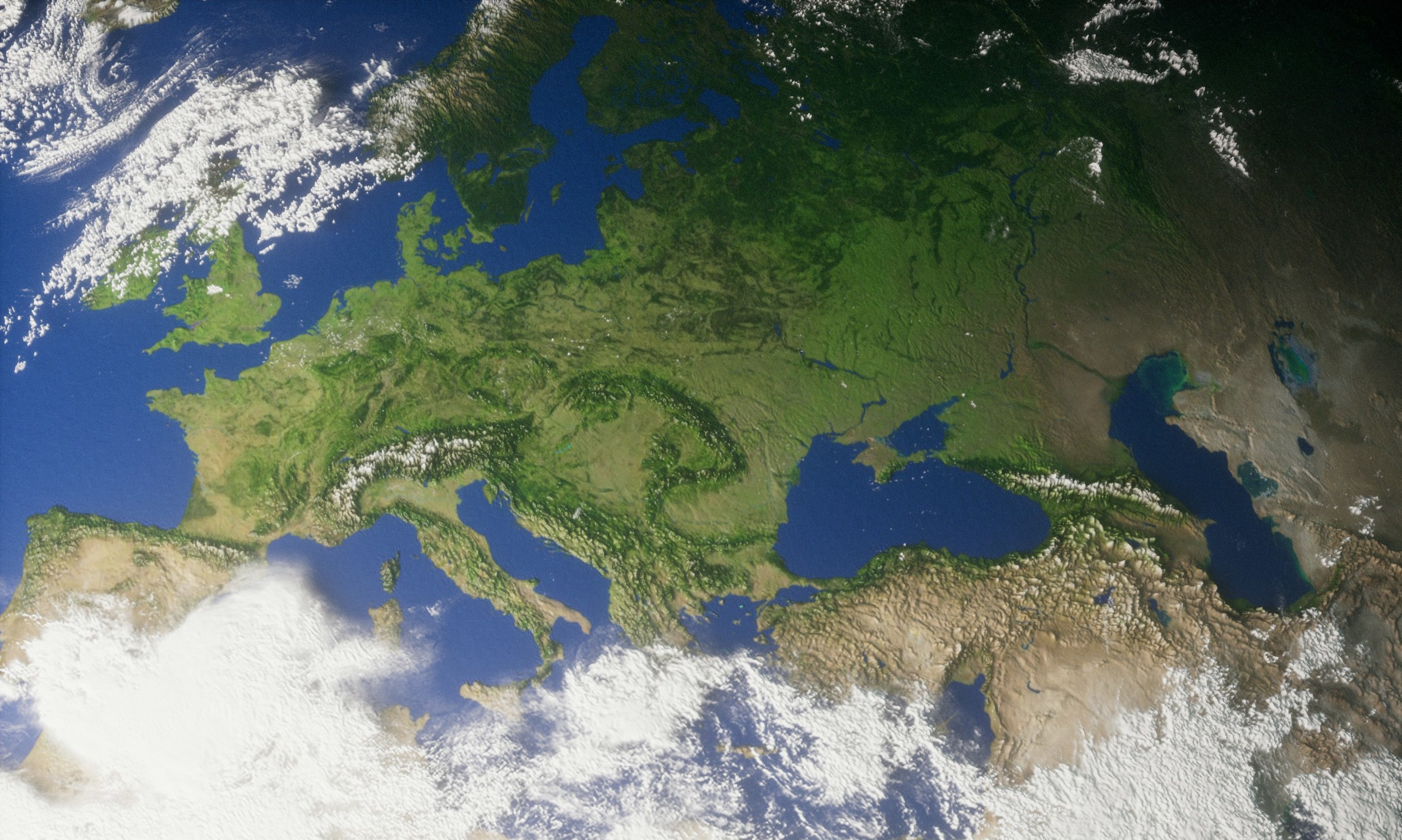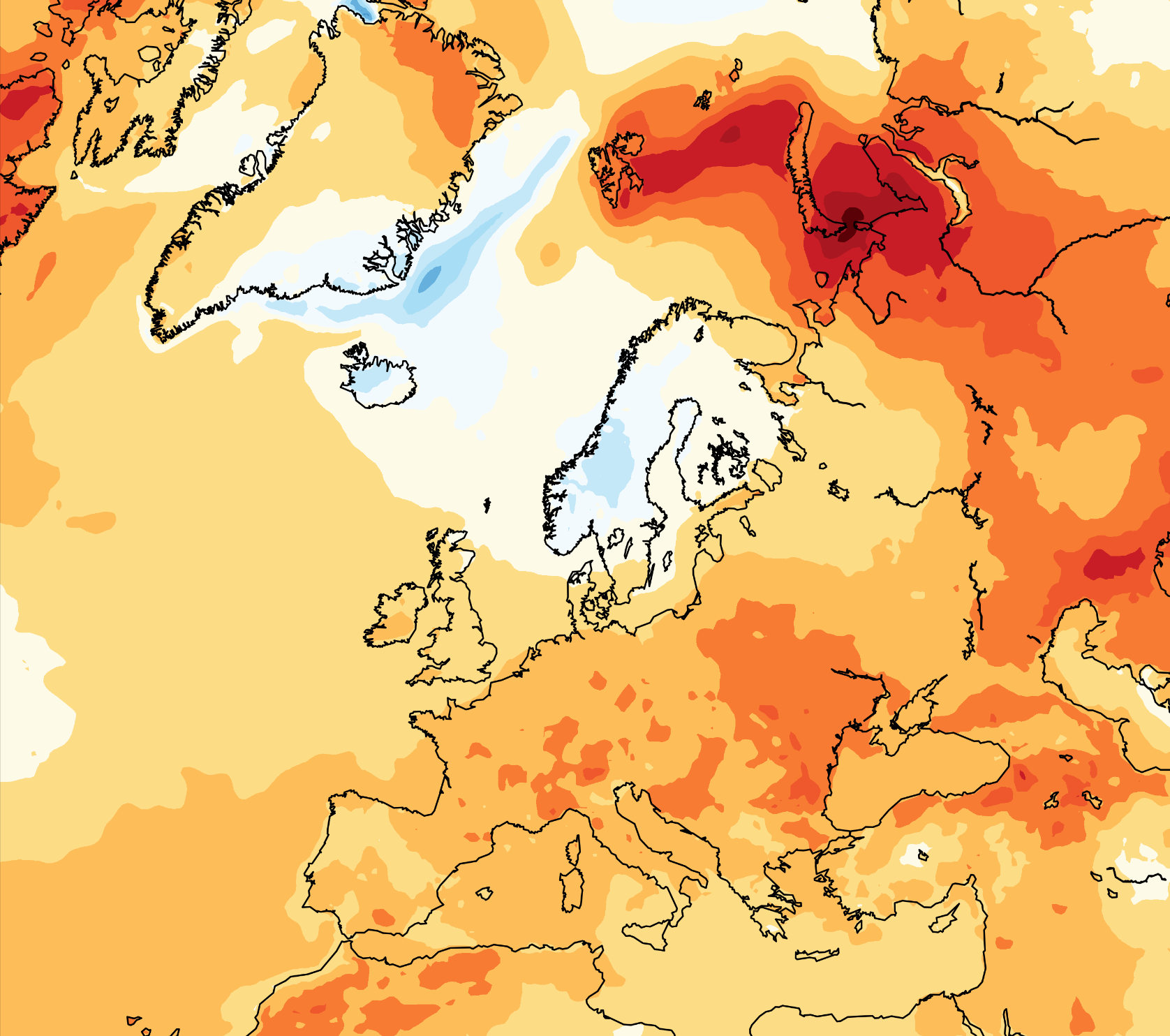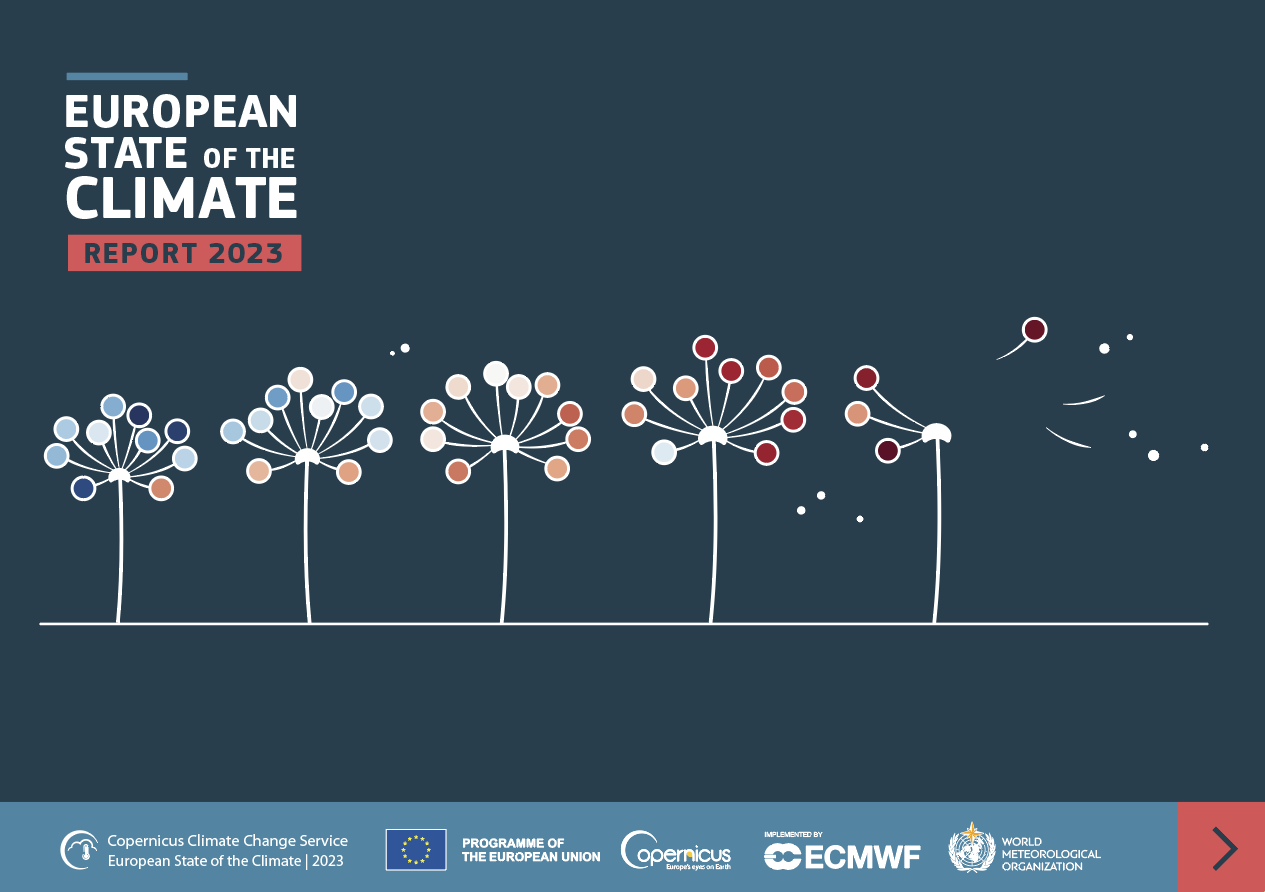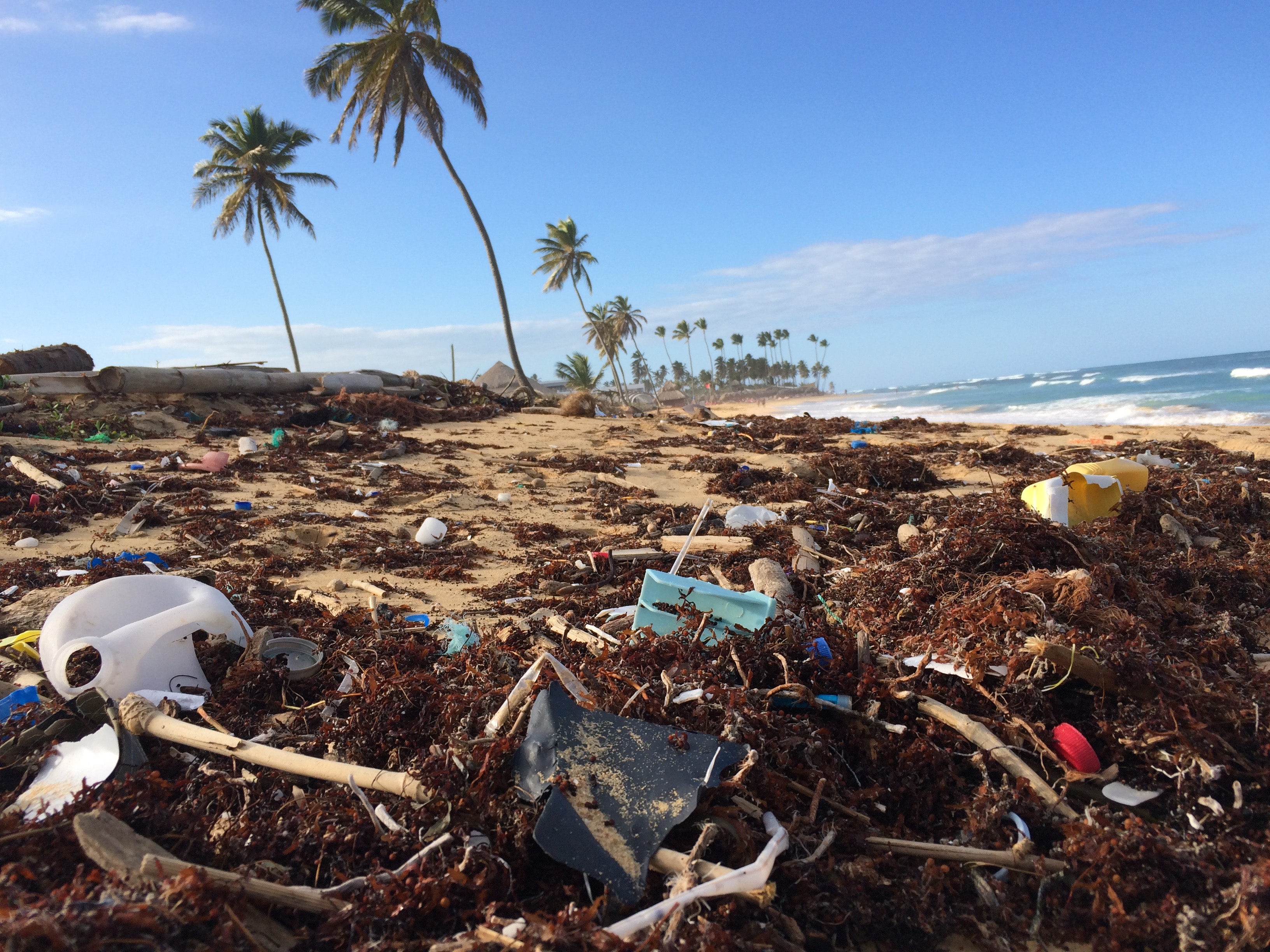An article by Alexis Bernigaud
In 2014, human beings produced 317.85 Million tons of meat, which is twice the amount that was produced in 1985, and more than four times the amount produced in 1961. The environmental impact of meat production has led to a global debate about dietary choices : if the FAO already issued guidelines to make the industry more environmentally friendly, an increasing amount of people advocate for a change in consumption rather than production. What are the environmental impacts of a global reduction of meat consumption?
Reducing stress on land availability
Several papers have pointed out the “tremendous inefficiencies and […] costs to our planet of animal agriculture”. For every kilogram of animal protein produced, animals consume approximately six kilograms of plant protein from grains and forage. This inefficiency is reflected by the Cost per Nutrient Produced, which is significantly higher for meats than for plants. In a world where 30% of the earth’s entire land surface is used for livestock farming, reductions in meat consumption would allow the world to produce the same amount of protein with less land surface which would, among other things, ease pressure on land use and allow global corn prices to decrease.
According to calculations by the UNEP, the calories that are lost by feeding cereals to animals could theoretically feed an extra 3.5 billion people.
Lower levels of greenhouse gas emissions
In 2006, livestock farming was responsible for 18% of human produced GHG emissions worldwide, which is more than the global transportation sector. These emissions stem from enteric fermentation (methane released by animals), manure management, feed production and energy consumption. As an alternative, a 2012 study showed that “potential GHG savings of 22% and 26% can be made by changing from the current UK-average diet to a vegetarian or vegan diet, respectively”.
Still, many are concerned about the replacement of meat proteins by other GHG-intensive products such as dairy products or exotic fruits. According to the study, even a scenario in which meat proteins would be entirely replaced by dairy proteins (which are more GHG-intensive than exotic fruits) would still represent a 22% decrease in food-related GHG emissions, while the average UK diet in which meat and dairy energy would be replaced entirely by plant-based alternatives would imply a 30% decrease in emissions.
Protecting water resources
Currently, 70% of freshwater is used for agriculture, and according to the International Water Management Institute “Meat-eaters consume the equivalent of about 5,000 litres of water a day compared to the 1,000-2,000 litres used by people on vegetarian diets”. If the current shift from vegetarian diets towards meat-based diets continues in developing countries, “It will be almost impossible to feed future generations the typical diet eaten in western Europe and North America without destroying the environment”.
In addition, the “mismanagement of animal excreta is leading to pollution of surface water, groundwater and soils by nutrients, organic matter, and heavy metals” according to a 2005 study. In this context, decreasing meat consumption globally would have a beneficial impact on water resources, in terms of both quantity and quality.
Towards a meatless future?
If a worldwide shift towards plant-based diets would have a positive impact on the environment, the trend tends to go the opposite way: with emerging countries accessing the western way of life, global meat consumption should increase more than 4 percent over the next 10 years. In this global debate, a trade-off will have to happen: how can we reconcile the welfare of consumers who show a strong preference for meat-based diets with the necessity of reducing greenhouse gas emissions? What are the economic impacts on farmers and consumers in developing countries? What would a meatless diet look like in developing countries where meat consumption is promoted as a wat to fight malnutrition? In developed countries, beef and pork (the meats with the highest environmental impact) consumption is starting to decline, but the future will tell if this movement can become global.






